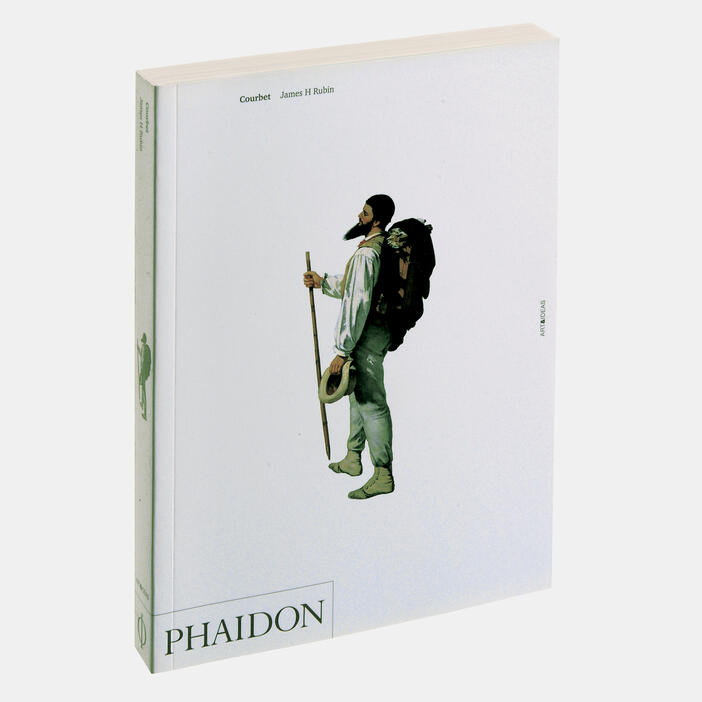

Courbet
Price AUD$35.00 Price CAD$35.00 Price £17.95 Price T29.95 Price USD$29.95
- Format: Paperback
- Size: 220 × 160 mm (8 3/4 × 6 1/4 in)
- Pages: 352 pp
- Illustrations: 215 illustrations
- ISBN: 9780714831800
"An eloquent and intelligent account of Courbet's work. Rubin manages to find a level which makes the book relevant to present scholarship on Courbet, but also eminently accessible to undergraduate students."—John Kear, Department of the History and Theory of Art, University of Kent at Canterbury
"Enlightening and very readable."—The Artist
"Rubin writes with uncommon lucidity."—Art Review
On the Art & Ideas series
"Art & Ideas has broken new ground in making accessible authoritative views on periods, movements and concepts in art. As a series it represents a real advance in publishing."—Sir Nicholas Serota, Director, Tate London
"The format is wonderful and offers what had long been missing in academic studies: usable manuals for specific themes or periods... I am definitely not alone in welcoming Art & Ideas as a precious set of teaching tools."—Joachim Pissarro, Yale University
"Phaidon's series may prove to be the pick of the crop. It boasts expert but undogmatic texts and a wealth of illustrations."—The Sunday Telegraph